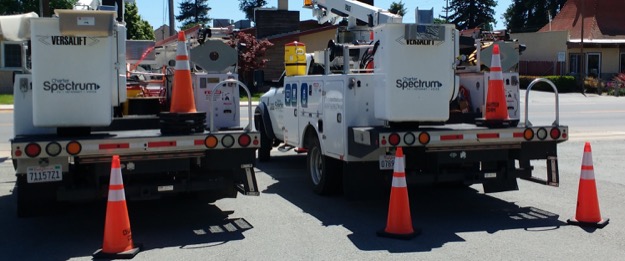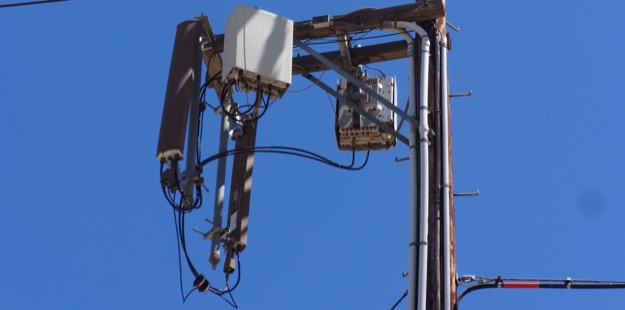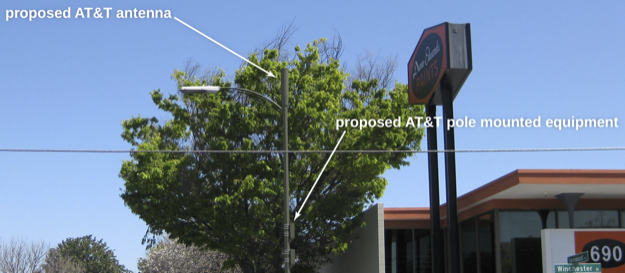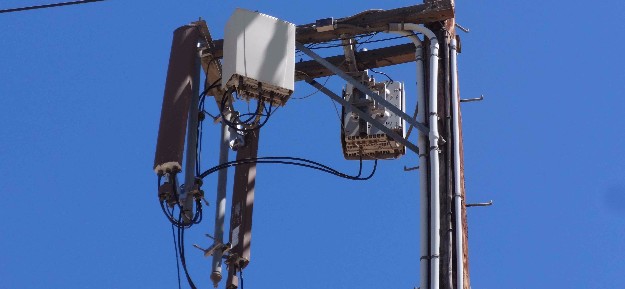Charter’s franchise “should be revoked”, New York state says

Charter Communications is one step closer to losing its license to operate in New York City, if not New York state as a whole. Earlier this year, the state of New York’s Public Service Commission – its equivalent to the California Public Utilities Commission – slapped a $1 million fine on Charter and said it would “investigate Charter’s compliance with its New York City franchise agreements”.
That investigation seems to have led to legal action.… More

![By EFF-Graphics (Own work) [CC BY 3.0 us (http://creativecommons.org/licenses/by/3.0/us/deed.en)], via Wikimedia Commons](https://www.tellusventure.com/images/2018/4/eff_net_neutrality_graphic.png)





![By Tomas Castelazo (Own work) [GFDL (https://www.gnu.org/copyleft/fdl.html) or CC BY-SA 4.0-3.0-2.5-2.0-1.0 (https://creativecommons.org/licenses/by-sa/4.0-3.0-2.5-2.0-1.0)], via Wikimedia Commons](https://www.tellusventure.com/images/2017/9/letter_to_santa.jpg)
![By Slowking4 (Own work) [GFDL 1.2 (http://www.gnu.org/licenses/old-licenses/fdl-1.2.html)], via Wikimedia Commons](https://www.tellusventure.com/images/2018/1/net_neutrality_banners.jpg)
![By Credo Action (Protect Net Neutrality rally, San Francisco) [CC BY 2.0 (http://creativecommons.org/licenses/by/2.0)], via Wikimedia Commons](https://www.tellusventure.com/images/2018/1/sf_net_neutrality_demo.jpg)